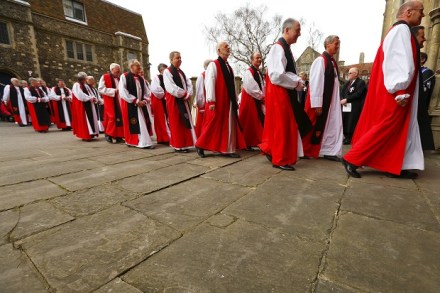The church is better at the welfare business than the state
Today I have a piece in the Times (£ obviously, you know that) about the power of the Christian Left, following the Anglican bishops’ letter in the Daily Mirror; the Spectator’s Isabel Hardman goes into detail in the Telegraph about how her congregation did a better job of caring for the poor than the state did. That is what’s at the heart of the argument for Christian conservatism. State spending is effective when there is acute, widespread poverty, but once a country rises above a certain income there are diminishing returns, because the causes are less likely to be wider social and environmental forces. This is a good, or at





















